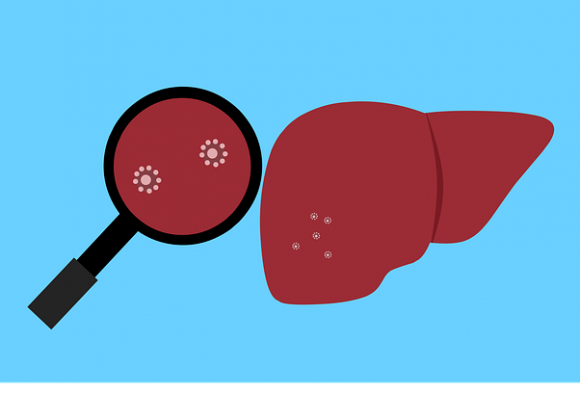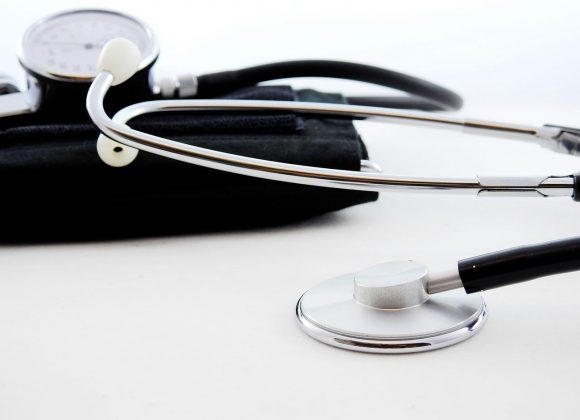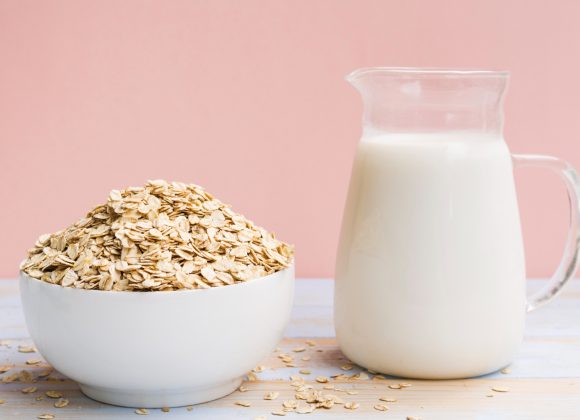Do you often experience a burning sensation in your chest, especially after eating something? Chances are you are experiencing the symptoms of GERD. Keep on reading to know more about GERD and the best GERD treatments out there.

What Is GERD?
GERD is short for Gastroesophageal Reflux Disease. This disease is characterised by stomach acid flowing into the tube connecting your mouth with your stomach, otherwise known as the oesophagus.
Symptoms of GERD
There are a number of symptoms you may experience when having GERD:
- Heartburn
- Chronic coughing
- Asthma, both new and worsening
- Chest pains
- Food regurgitation
- Swallowing difficulties
- Low quality sleep
- Etc.
If you experience extreme symptoms and over – the – counter (OTC) medications don’t work, we recommend you seek professional help as soon as possible.
Causes of GERD
GERD patients suffer from frequent acid refluxes due to the weakened or abnormal functioning of the lower esophageal sphincter. This is the muscle at the bottom of your oesophagus which contracts and relaxes to allow water and food to enter your stomach. If it is unable to operate properly, the stomach acid will enter your oesophagus and inflame the fine lining.
There are a number of factors that increase your chances of developing GERD or make it worse:
- Obesity
- Pregnancy
- Connective tissue disorders
- Late night eating
- Eating large amounts of food
- Smoking
- Drinking acidic beverages such as coffee or alcohol
- Eating fried or fatty food
- Certain medications, eg; aspirin
If left untreated, chronic inflammation of the oesophagus will scar your tissues, form extremely painful ulcers, and possibly develop into esophageal cancer.
GERD Treatments
How you should treat GERD depends on how severe your symptoms are. If you are suffering from lighter symptoms, you can treat it through simple lifestyle changes and OTC medications, while heavier symptoms would require stronger prescribed drugs or even surgical procedures.
Several lifestyle and dietary changes you can implement to improve your condition include:
- Quitting smoking
- Stop drinking acidic beverages, or at least reduce your consumption levels
- Avoid eating late at night
- Avoid large meals
- Avoid fatty and fried food
- Avoid lying down after eating
- Lose weight through exercise and following a healthy diet
If altering your lifestyle does not help, we recommend you try the following medications:
- Antacids: the most commonly used OTC medication for GERD, highly effective in stopping relatively infrequent acid refluxes. However, we recommend you don’t consume this medicine too often since it may end up worsening your stomach acid problem.
- Histamine 2 (H2) Blockers: this drug is very potent at reducing stomach acid secretion levels and was observed to reduce the erosion of the oesophagus in 50% of GERD patients.
- Proton Pump Inhibitors (PPI): even more effective than H2 Blockers, PPIs obstruct the 3 major acid production pathways and help treat esophageal damage & reduce pain.
- Prokinetic Agents: this drug is slightly less effective than PPIs, but they still do a good job of smoothening the functioning of the esophageal sphincter. Doctors often prescribe them alongside other acid – suppressing medicine.




